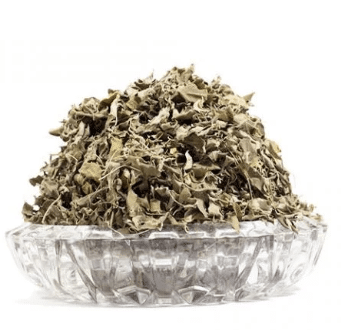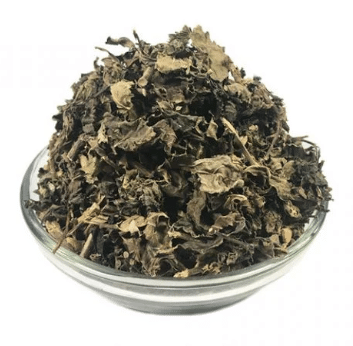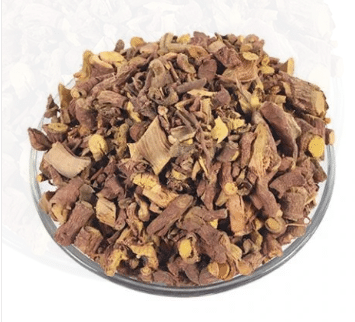Exploring the Remarkable Health Benefits of Tea Tree Leaves (Melaleuca alternifolia)
Tea tree leaves, scientifically known as Melaleuca alternifolia, have been used for centuries by indigenous Australians for their medicinal properties. Today, tea tree oil derived from these leaves has gained worldwide recognition for its versatile applications. In this article, we will delve into the extensive health benefits tea tree leaves offer, highlighting their potent properties and potential uses.
Powerful Antimicrobial Agent
One of the most well-known properties of tea tree leaves is their potent antimicrobial activity. Tea tree oil derived from these leaves contains terpinene-4-ol, which exhibits strong antimicrobial properties against bacteria, viruses, and fungi. This makes it an effective natural remedy for various skin infections, including acne, athlete’s foot, and fungal nail infections.
Skin Health and Wound Healing
Tea tree leaves, and their oil have been traditionally used to promote skin health and accelerate wound healing. Tea tree oil’s antimicrobial and anti-inflammatory properties help combat skin infections, reduce inflammation, and facilitate the healing process. It can be used topically to treat cuts, burns, insect bites, and skin irritations.
Natural Antiseptic and Antiviral
Tea tree leaves possess natural antiseptic and antiviral properties, making them valuable for preventing and treating infections. Tea tree oil can be used as a natural disinfectant for cleaning wounds, cuts, and household surfaces. It may also provide relief from common viral infections, such as cold sores and herpes.
Scalp and Hair Health
Tea tree oil is widely known for its benefits in maintaining a healthy scalp and promoting hair growth. It helps combat dandruff, dryness, and itchiness, providing relief from scalp conditions. Tea tree oil can also help control excess oil production, leading to balanced and healthier hair and scalp.
Anti-inflammatory and Skin Soothing
Tea tree leaves possess anti-inflammatory properties that help soothe and calm irritated skin. It can provide relief from conditions such as eczema, psoriasis, and dermatitis. Applying tea tree oil or products containing tea tree extracts may help reduce redness, itching, and inflammation associated with these skin conditions.
Natural Insect Repellent
The strong scent of tea tree oil acts as a natural insect repellent. It can help ward off mosquitoes, ticks, and other biting insects. Tea tree oil can be used topically or added to natural repellent formulations to protect against insect bites.
Oral Health Benefits
Tea tree leaves offer oral health benefits as well. Tea tree oil mouthwashes or toothpaste can help combat bad breath, prevent gum disease, and reduce oral bacteria contributing to tooth decay. Its antimicrobial properties make it a valuable addition to oral hygiene routines.
Conclusion
Tea tree leaves, particularly in the form of tea tree oil, have gained significant recognition for their remarkable health benefits. Tea tree leaves offer a natural and versatile solution for various health concerns, from their potent antimicrobial, antiseptic, and antiviral properties to their ability to promote skin health, wound healing, and scalp care. Whether it’s addressing skin infections, improving oral health, or providing relief from inflammatory conditions, incorporating tea tree oil into your wellness routine can harness the incredible potential of this powerful natural remedy.
NOTE: We highly recommend that before using any herbal medications you should consult your health care provider or medical doctor for professional advice.














Reviews
There are no reviews yet.